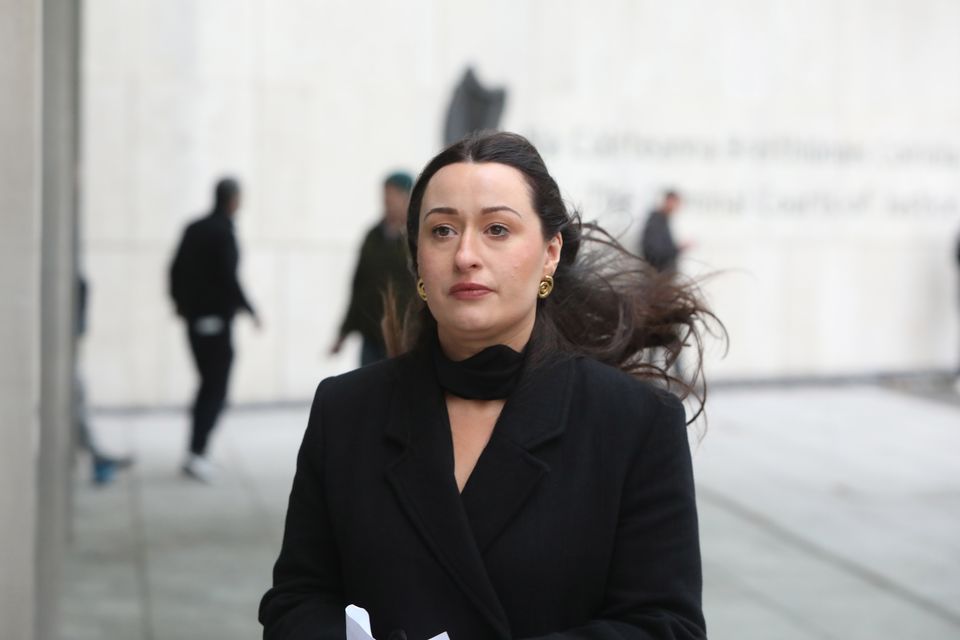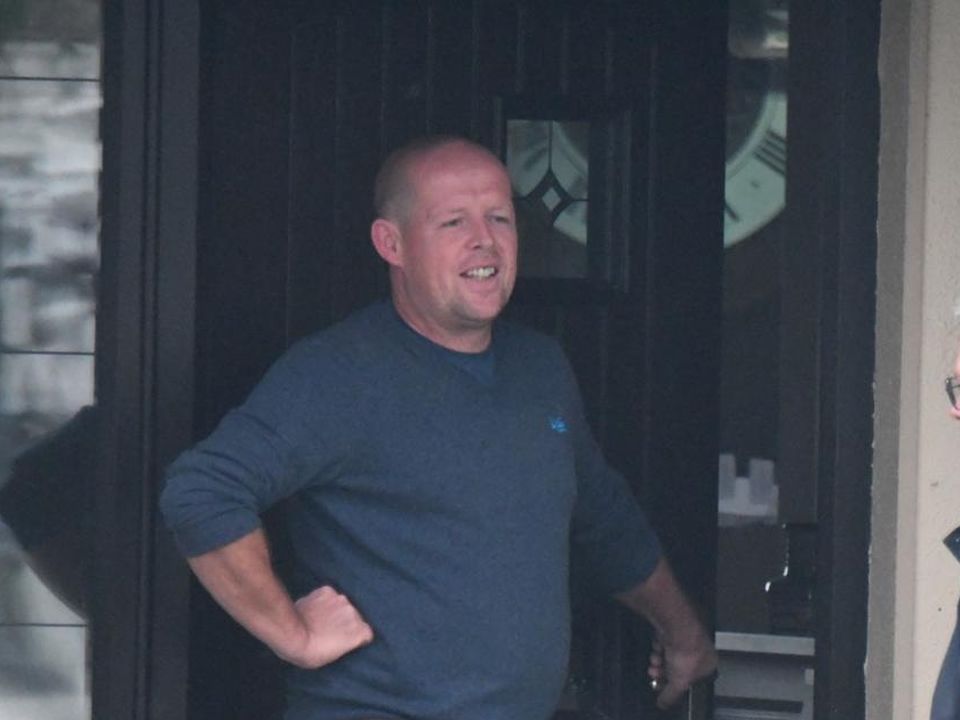How Character References Continue To Diminish Victim’s Trauma
The case of Martin O’Brien, a 54-year-old man from Gurrane, Belclare, Tuam, Co Galway, who was sentenced to six years in prison for repeatedly sexually assaulting his children’s teenage babysitter, Áine McHugh, is a harsh reminder of the pervasive issues surrounding sexual abuse and the justice system’s handling of such cases. Despite the severity of his actions, character references were still presented in court as part of his defense. This practice raises significant concerns about the impact on victims and the message it sends about accountability for such heinous crimes.
Áine McHugh, who bravely waived her anonymity, described the profound and lasting impact the assaults had on her life. She was a vibrant, talented musician whose life trajectory was dramatically altered by O’Brien’s actions. The assaults left her feeling “progressively killed from the inside out,” affecting her ability to focus on her studies and participate in normal teenage activities, like attending her Debs. The trauma she endured was not just physical but deeply psychological, leading her to struggle with self-worth, isolation, and substance abuse as a means to cope with the violation she experienced.
O’Brien’s sense of entitlement to assault McHugh is particularly egregious. He not only violated her in the supposed safety of his home but also in public spaces, demonstrating a blatant disregard for her autonomy and dignity. This entitlement extended beyond the physical assaults, as he continued to torment and antagonize her, reinforcing her feelings of powerlessness and fear. Such behavior highlights a systemic issue where perpetrators feel emboldened to continue their abuse, often without immediate consequence.
The acceptance of character references in cases of sexual assault is a practice that needs urgent reevaluation. These references, often provided by family or friends, paint a picture of the perpetrator that is starkly at odds with their criminal behaviour. In O’Brien’s case, testimonials described him as a “kind and considerate” person, which clearly contrasts with the reality of his actions. Allowing these references in court diminishes the victim’s experience and trauma, suggesting that the perpetrator’s “good character” in other contexts somehow mitigates the severity of their crimes.
“He is a master manipulator, a bully – he violated me in every sense of the word.”
The justice system must prioritise the voices and experiences of victims over the character defenses of perpetrators. Accepting character references in cases of child abuse and sexual assault sends a damaging message that the perpetrator’s past behavior can excuse or lessen the impact of their crimes. This practice not only retraumatises victims but also undermines the severity of the offenses committed against them. It is imperative that the legal system evolves to better support victims and hold perpetrators fully accountable, without the dilution of their culpability through character testimonials.

Áine McHugh’s decision to come forward and speak out against her abuser was an act of immense bravery. Her willingness to confront her abuser and share her story publicly played a crucial role in achieving some form of justice. Despite the trauma and the life-altering impact of O’Brien’s actions, McHugh’s courage in facing the legal system and her abuser is commendable and serves as an inspiration for others who may be in similar situations.
“I will be forever grateful to those who sought justice before me. Their bravery and the courage of their convictions gave me hope in my darkest days.”
Thank you Áine for your bravery.
“I am Áine McHugh and I have waived my right to anonymity because I no longer carry feelings of guilt or shame. Today, I return all guilt and shame back to where it belongs, to Martin O’Brien, who forced this suffering on me and later my parents and family.
Sexual abuse manifests and festers in silence, I know because I suffered in silence. Secrets and silence enable the perpetrators. To the adults who stay silent and decide to ignore or look the other way: that guilt and shame also belongs to you.
I want to speak to every child or teenager who has suffered or is suffering sexual abuse, if you can hear me, please know that you have done nothing wrong. There is nothing wrong with you. Please tell an adult you trust. To the adults who may receive their disclosure: please listen, help them and do the right thing.
I never thought that I would be free of this, but I have survived, and I feel free today. He no longer controls my life.
I will be forever grateful to those who sought justice before me. Their bravery and the courage of their convictions gave me hope in my darkest days. I would also like to thank the detectives and gardaí in the Galway Divisional Protective Services Unit, as well as the Galway and Dublin Rape Crisis Centres for their dedication, professionalism, and support.”
Subscribe to The FEMCAST and help us bring these critical stories to light. Each listener, each voice, and each story makes a difference. Together, we can break the silence.
If you enjoy my content and would like to support our research and work, consider buying me a coffee (by clicking links below). Your contribution helps me continue creating this content. Thank you for your support!








